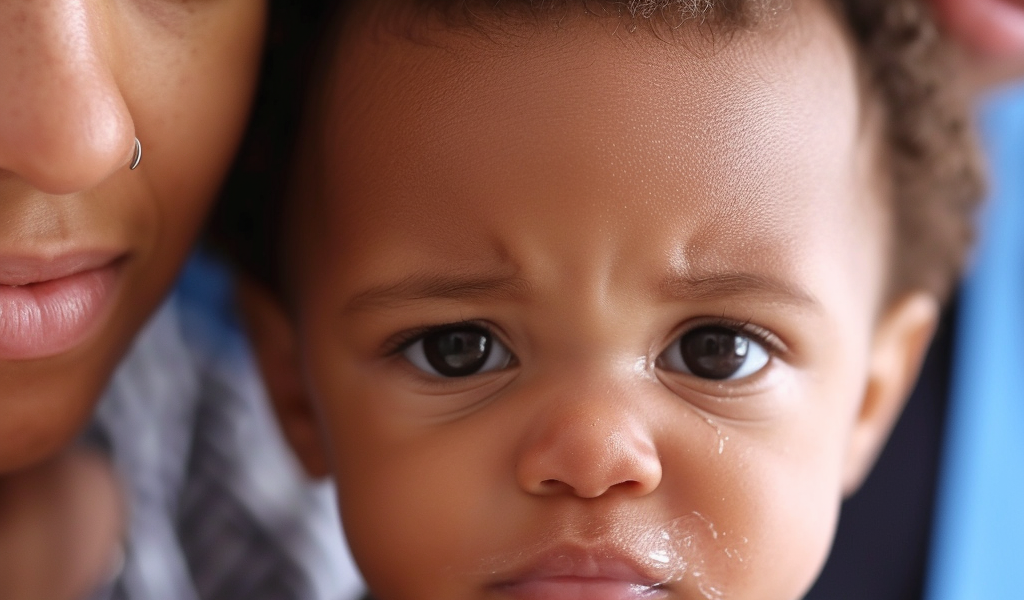Whooping cough, also known as pertussis or the ‘100-day cough’, has been making headlines recently due to a significant outbreak in England and Wales. The highly contagious respiratory infection, caused by the bacterium Bordetella pertussis, is characterized by severe coughing fits that can last for weeks or even months. The name ‘100-day cough’ stems from the prolonged duration of the illness, which often starts with symptoms similar to a common cold.
One of the distinct features of whooping cough is the presence of a ‘whooping’ sound when the infected person breathes in, following a coughing fit. This characteristic makes the disease particularly dangerous for infants, who are more susceptible to complications. In fact, the infection can be life-threatening for newborns, with a 3% fatal rate reported in this age group. Most babies under six months old with whooping cough require hospitalization due to complications such as dehydration, breathing difficulties, and pneumonia.
Vaccination is a primary preventive measure for whooping cough, and antibiotics are typically used in treatment. Despite vaccination efforts, outbreaks can still occur, highlighting the crucial role of immunization in preventing the spread of this serious respiratory infection.
The initial signs of whooping cough resemble those of a common cold, including a runny nose and sore throat. However, as the infection progresses, the coughing fits become more severe and are often accompanied by vomiting and exhaustion. These intense coughing episodes can lead to significant respiratory distress and may last for weeks.
The recent outbreak of over 600 cases of whooping cough in England and Wales at the beginning of 2024 has raised concerns, marking the largest outbreak at the start of a year in at least a decade. This serves as a reminder of the potential impact of the disease and the importance of vaccination in controlling its spread.





